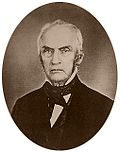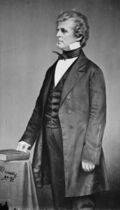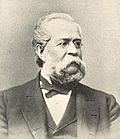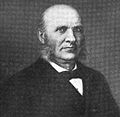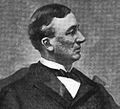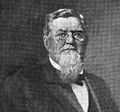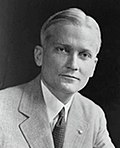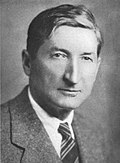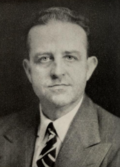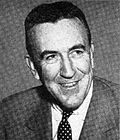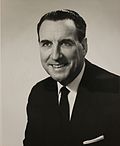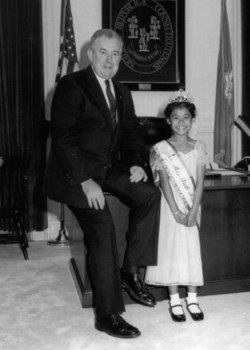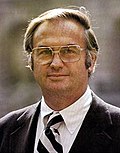| Governor of Connecticut | |
|---|---|
 | |
| Government of Connecticut | |
| Style | Governor (informally) His Excellency (formal) |
| Type | Head of state Head of government |
| Member of | Cabinet |
| Residence | Governor's Residence |
| Seat | Connecticut State Capitol, Hartford, Connecticut |
| Nominator | Political parties |
| Appointer | Popular vote |
| Term length | Four years, no limit |
| Constituting instrument | Constitution of Connecticut |
| Precursor | Governor of Saybrook (merged with Connecticut, 1644) Governor of New Haven (merged with Connecticut, 1665) |
| Formation | 1639 |
| Succession | Line of succession |
| Deputy | Lieutenant Governor of Connecticut |
| Salary | $226,711 |
| Website | Office of the Governor |
The governor of Connecticut is the head of government of Connecticut, and the commander-in-chief of the state's military forces. The governor has a duty to enforce state laws, and the power to either approve or veto bills passed by the Connecticut General Assembly and to convene the legislature. [1] Unusual among governors, the governor of Connecticut has no power to pardon. [2] The governor of Connecticut is automatically a member of the state's Bonding Commission. He is an ex-officio member of the board of trustees of the University of Connecticut and Yale University.
Contents
There have been 69 post-Revolution governors of the state, serving 73 distinct spans in office. Four have served non-consecutive terms: Henry W. Edwards, James E. English, Marshall Jewell, and Raymond E. Baldwin. The longest terms in office were in the state's early years, when four governors were elected to nine or more one-year terms. The longest was that of the first governor, Jonathan Trumbull, who served over 14 years, but 7 of those as colonial governor; the longest-serving state governor — with no other position included in the term — was his son, Jonathan Trumbull Jr., who served over 11 years. The shortest term was that of Hiram Bingham III, who served only one day before resigning to take an elected seat in the United States Senate. Additionally, Lowell Weicker is noted for a rare third party win in American politics, having been elected to a term in 1990 representing A Connecticut Party.
The current governor is Ned Lamont, a Democrat who took office on January 9, 2019.










